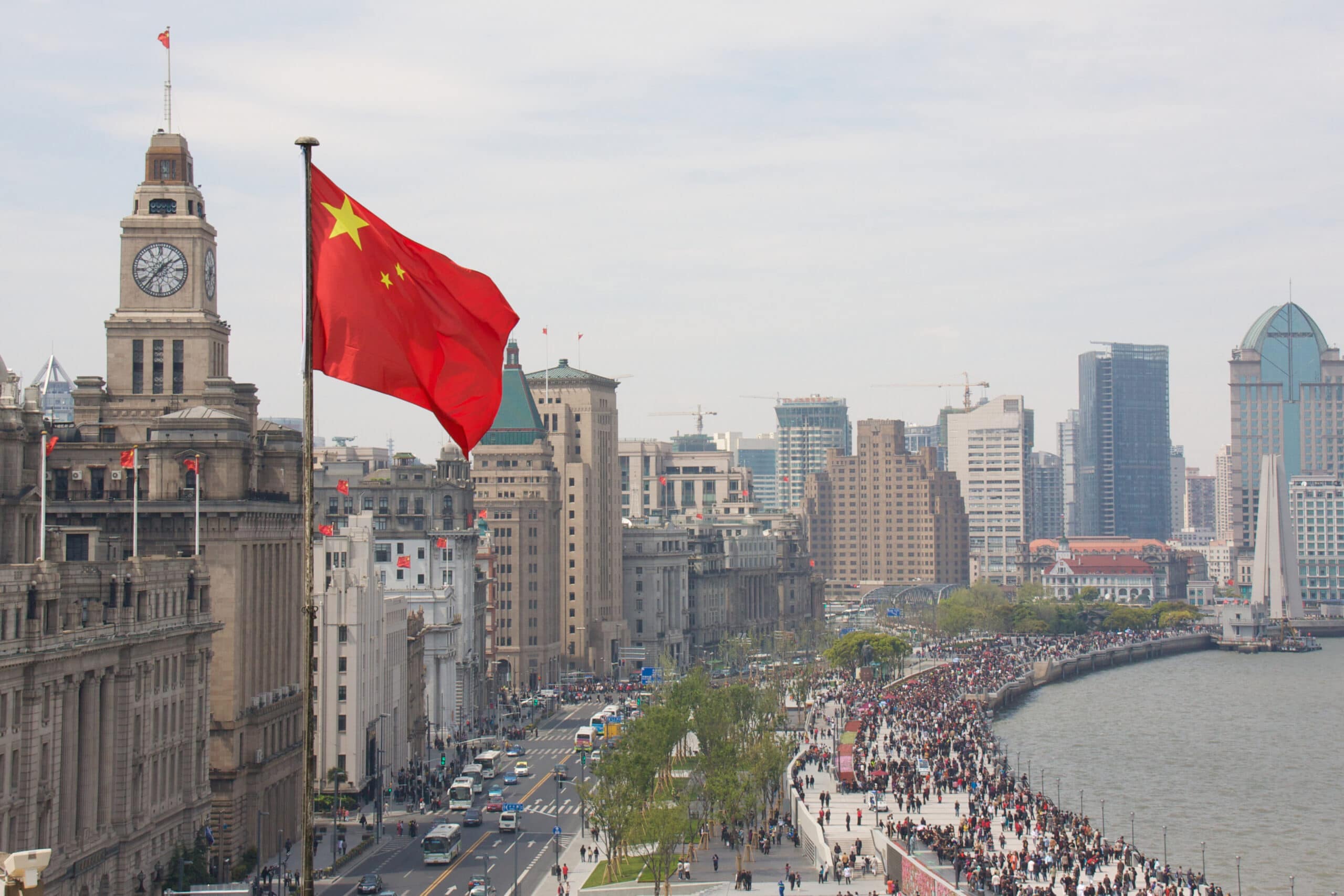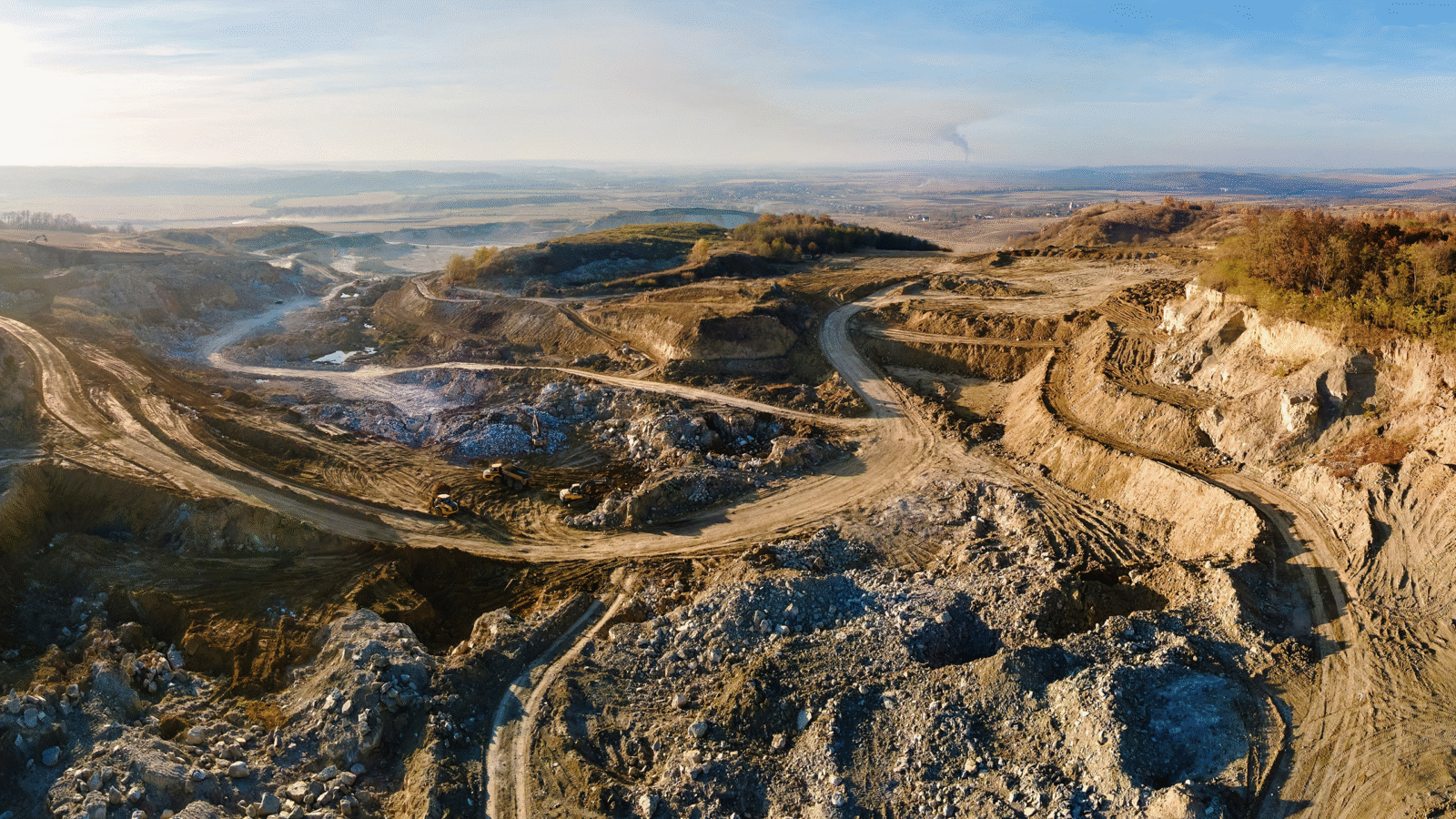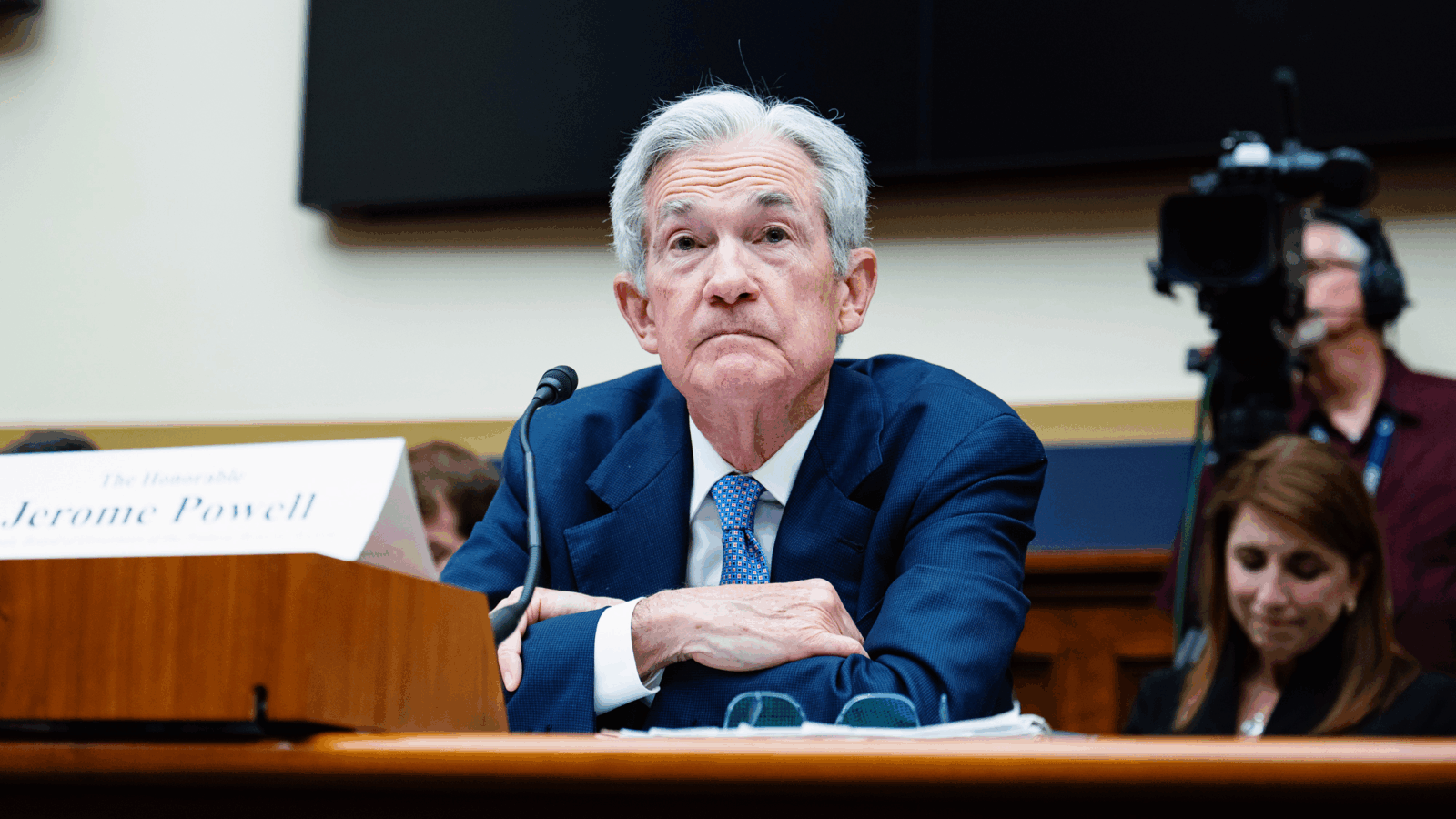
Sign up for smart news, insights, and analysis on the biggest financial stories of the day.
Last month, the Year of the Tiger began on the Chinese zodiac. On Saturday, however, Chinese leaders said the country’s economy will roar more like a kitten this year when they announced the lowest GDP growth target in three decades.
Even still, economic experts including the World Bank and International Monetary Fund think the target of 5.5% is a tad ambitious.
A Tiger Changes Its Interest Rate Hikes
China’s economy grew an impressive-sounding 8.1% last year, but that was in comparison to the pandemic purgatory of 2020. Even more concerning, in the fourth quarter of 2021, growth stalled to 4%, which led the central bank to cut one of its key interest rates for the first time in two years.
There’s no one single factor causing the slowdown. The economic fallout of government-orchestrated crackdowns on technology and property firms still lingers. China’s domestic consumption has been sluggish. Draconian coronavirus restrictions remain intact. And now the war in Ukraine has disrupted global energy and stock markets. Worst of all for policymakers, the economic numbers available so far this year suggest the country will struggle to meet its 5.5% annual growth target:
- Home sales by volume among China’s 100 largest property developers fell 43% year-over-year in the first two months of 2022, according to government figures, despite lower mortgage rates. Meanwhile, consumer spending on tourism during the Lunar New Year holiday and box office numbers have also remained well below pre-pandemic levels.
- Li Keqiang, China’s premier and the second most powerful man in the ruling Communist Party after president Xi Jinping, said Saturday that the country must prioritize self-reliance in its economic goals. After conceding China’s “capacity to support innovation is lacking in key areas,” he said small and medium-sized science and technology firms will get a 100% tax rebate to encourage more innovation.
No Comment: Absent from Li’s remarks on Saturday was the Russian invasion of Ukraine, tense China-US relations, or any mention of the struggling property sector. But a message to top companies, especially chipmakers, to secure their industrial and supply chains was a clear, if tacit, acknowledgment that the global economic “Tyger” of 2022 is so far not burning especially bright.











